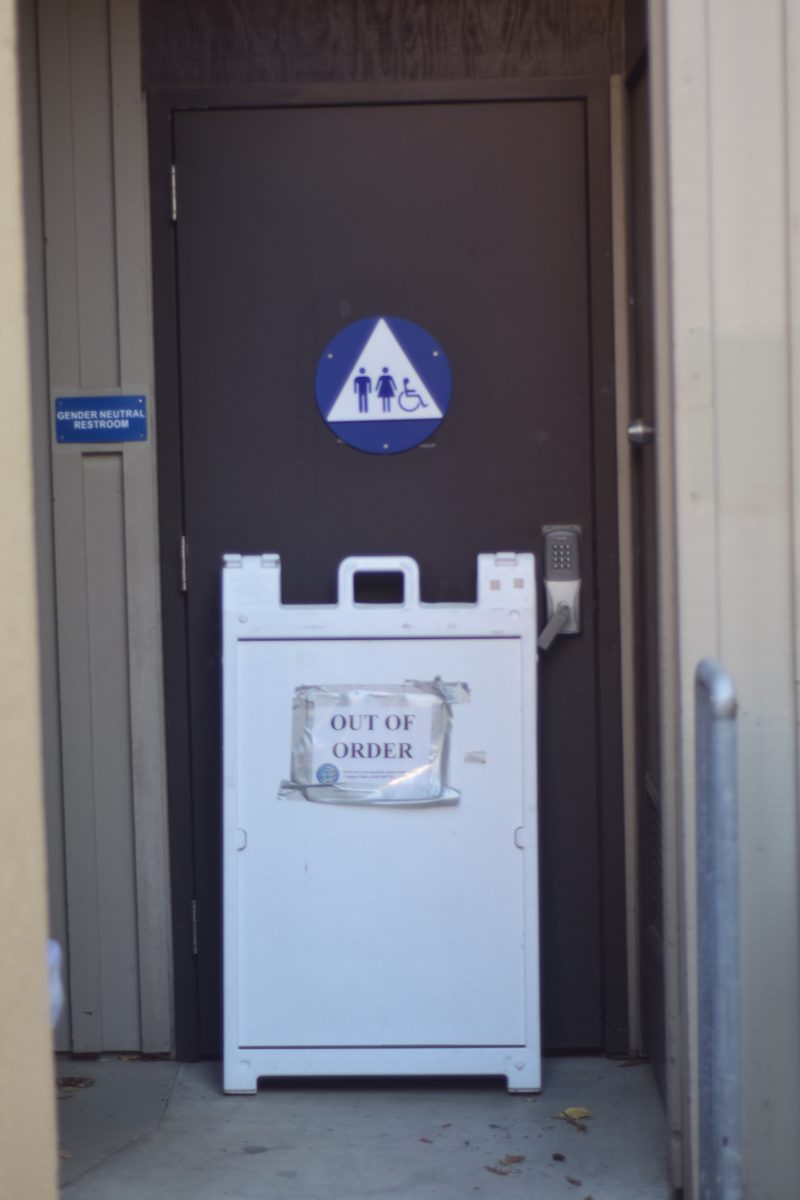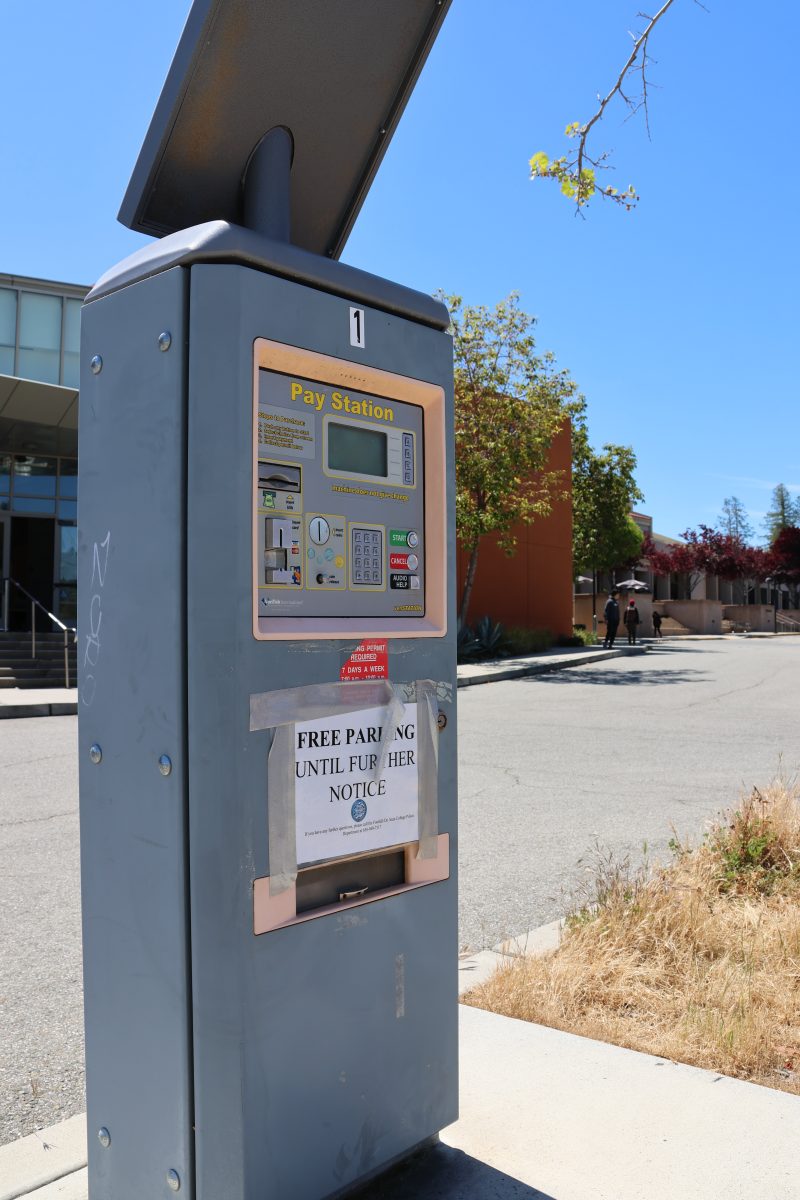Vincent Mendoza walked up the stairs of the Hinson Campus Center to the blood drive in Conference Room A & B at De Anza College. He wanted to donate blood and make a difference, but he soon realized that he couldn’t as his eyes trailed down the eligibility form and got stuck on one question in particular.
“From 1977 to the present, have you had sexual contact with another male, even once?”
“I was surprised,” said Mendoza, 26, English literature major and student trustee for the FHDA Community College District Board. “It felt terrible actually to go and then have them say that I couldn’t give blood because I have had relations with men and that I was at a high risk and couldn’t give blood.”
The Stanford Blood Center prevented Mendoza, a gay male, from donating blood based on a policy constructed 30 years ago during the HIV/AIDS epidemic in the gay community. The U.S. Food and Drug Administration put this policy into effect and has never since revised it, instead turning down thousands of healthy gay men from wanting to donate blood.
The FDA is segregating a section of society – 3.4 percent of the total U.S. population identify themselves as being gay, lesbian, bisexual or transgender on a recent study done by the pollsters at Gallup.
Although statistics do show that men who have had sexual relations with men are at a higher risk for contracting the virus than straight people, with the advancements in technology and screening processes available in the 21st century, having gay men tested for HIV/AIDS provides accurate results, accounting for those who are not affected and hence allowing them to donate blood.
And a person, from a moral standpoint, would never think of donating blood if he thought that he could be infected and jeopardizing another person’s life to being with, eliminating almost all gay men who know and think they are possibly infected from donating altogether.
The blood supply in the U.S. is at its lowest in 15 years. The Bay Area is facing a drop in blood donations and supply to meet demand, according to the American Red Cross.
Healthy potential donors who practice safe sex and are in a monogamous relationship should not be subjected to discrimination. This whole idea of basing the viability of blood on sexual promiscuity of the donor is simply a hasty generalization that gay men practice unsafe sex, which is not only offensive, but also demeaning to the LGBT community.
With countries like Italy, Spain and Britain adopting a less restrictive policies of allowing men who have not had sexual relations with men over a year to donate blood, the U.S. really does need to access the implications of such a dated policy – making the policy more lenient and hence not secluding a portion of healthy donors in the time of a shortage.
“It’s an archaic policy and I think it should be lifted or amended at least,” Mendoza said.
He said he was concerned that, in general, people have a notion that men having sex with men results in AIDS/HIV and that this has been etched into the minds of people.
According to the American Medical Association “While gay men still are at a higher risk of HIV infection today, more advanced screening technology may render the ban unwarranted.”
U.S Representative Mike Quigly, who is making efforts on having the policy reassessed and the necessity of the ban, during a CNN interview on the examination of ban on gay donors mentioned that it was a matter of life and death, and that over 50,000 healthy men who wanted to donate blood were being turned away. “It makes absolutely no sense, and it’s very rare that we can solve a discrimination problem at the same time that we can solve a public health problem,” said Quigly.
So allow healthy gay men to donate blood. Responsible gay men would do their part in having tested for HIV/AIDS, and blood donation centers would have to do their part, or rather responsibility, in ensuring that that already viable blood is a 100 percent safe and can be used to address the blood shortage.








